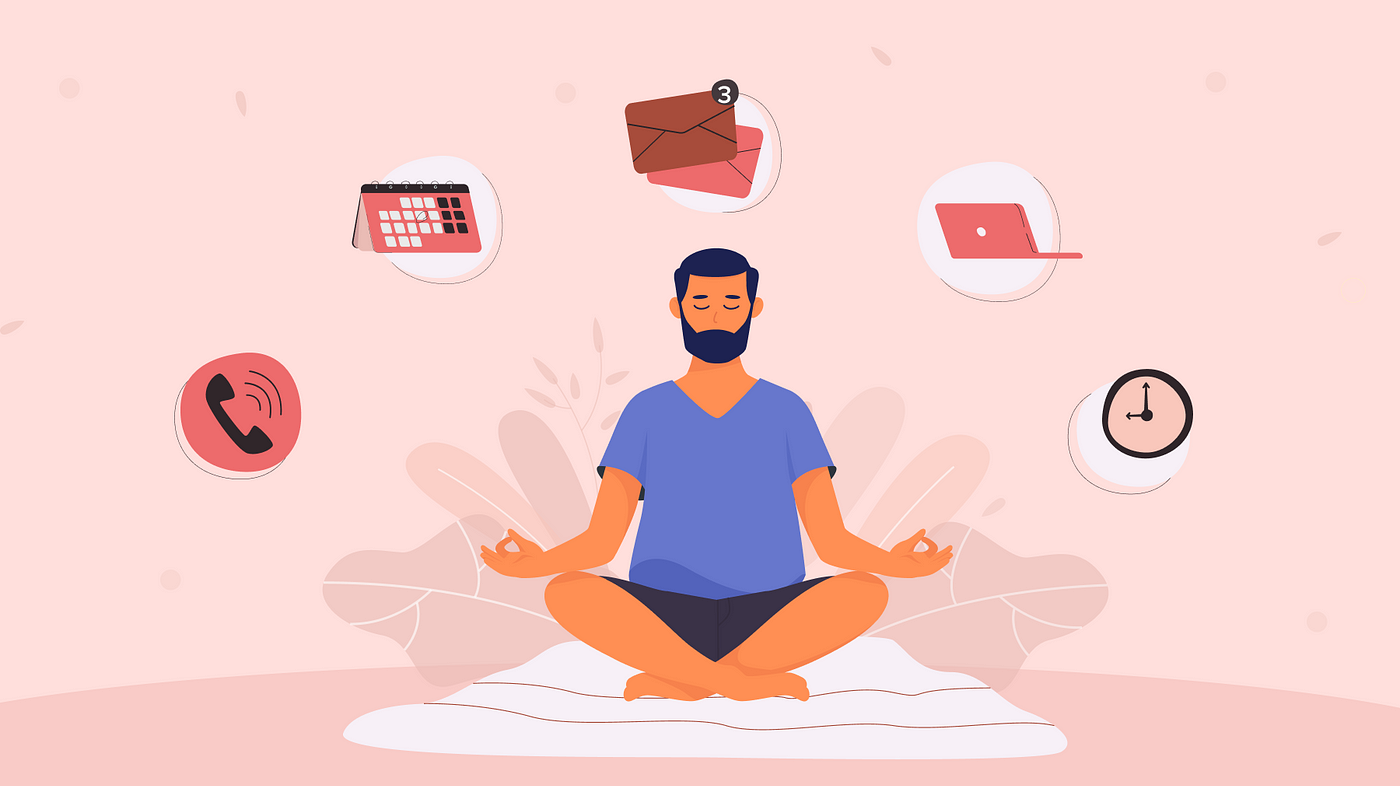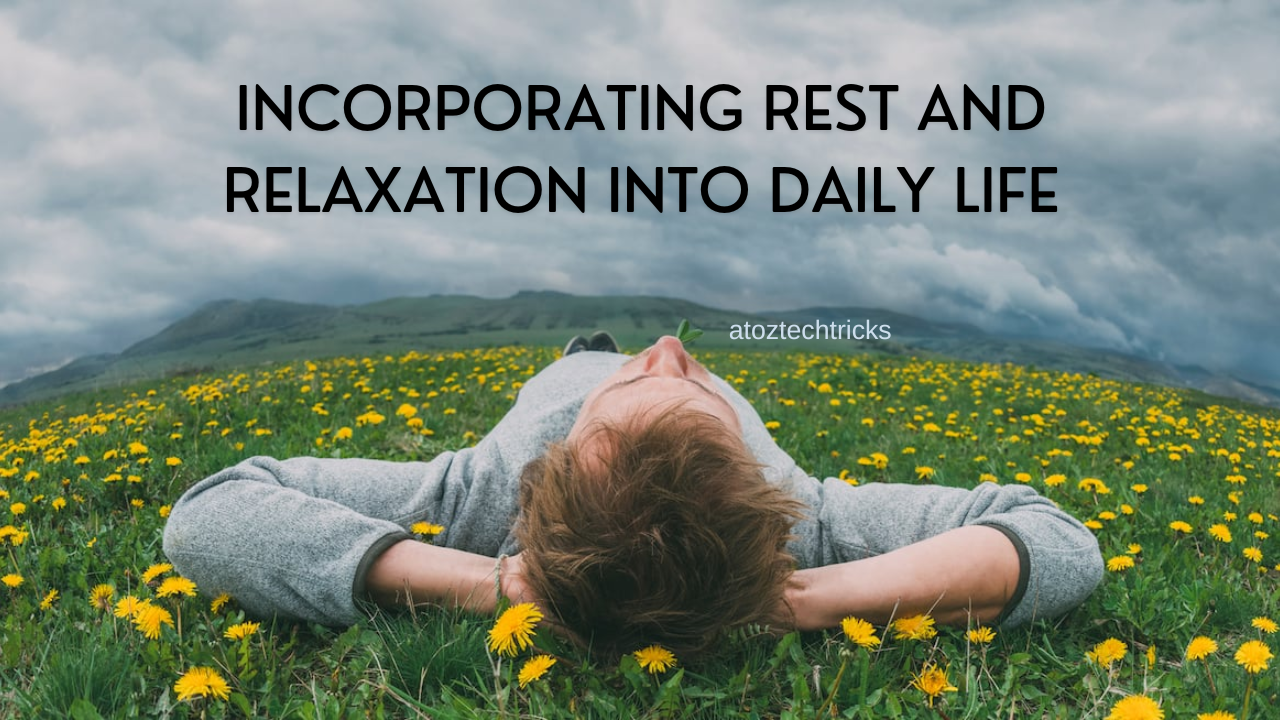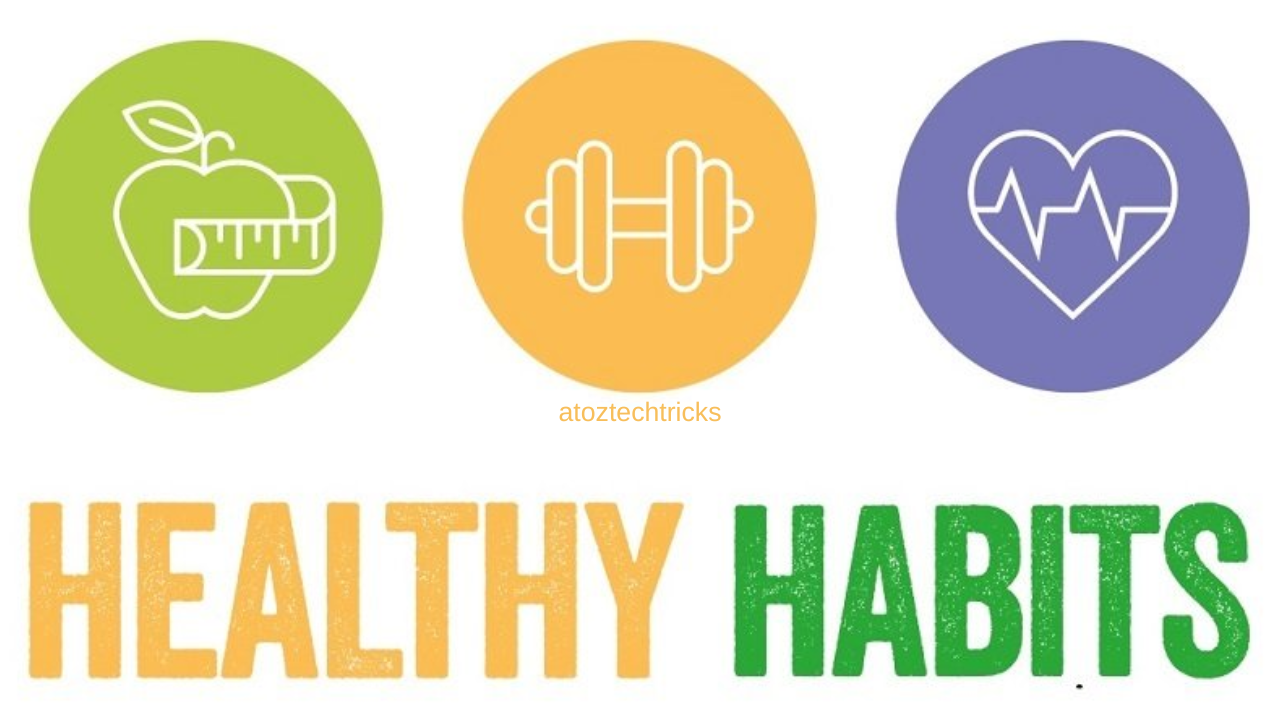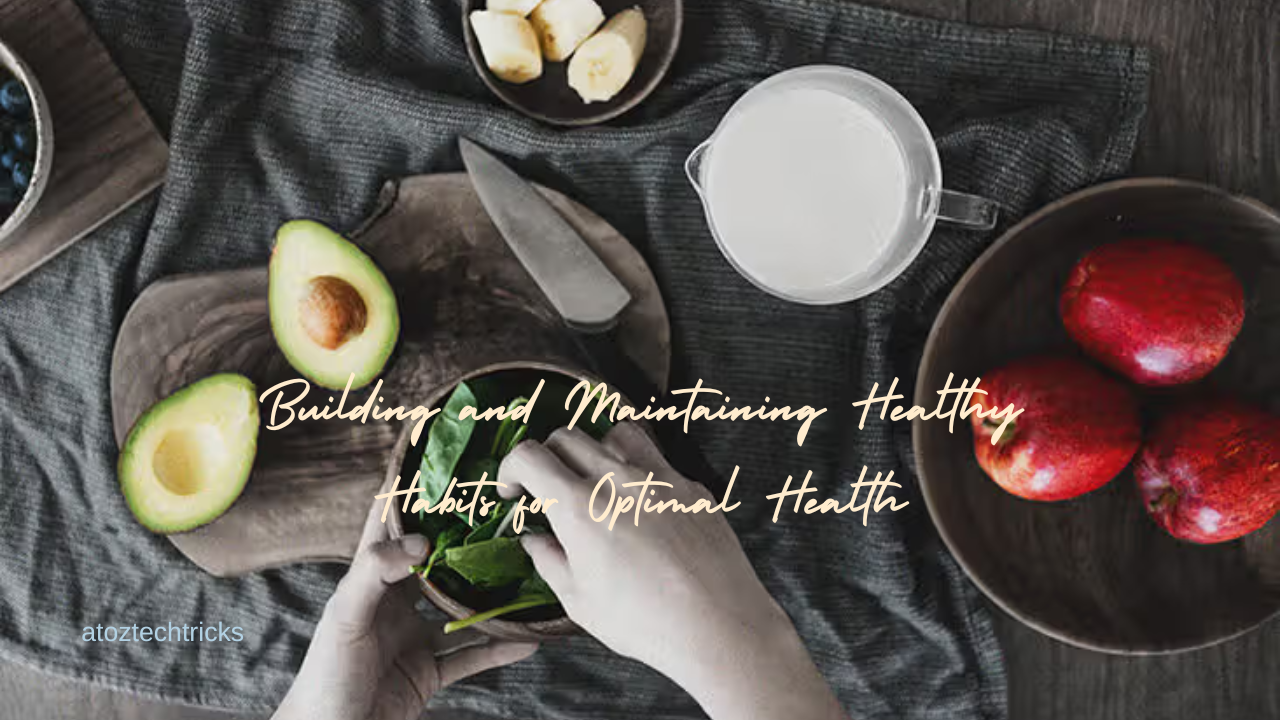Incorporating Rest and Relaxation into Daily Life: A Comprehensive Guide
In today’s fast-paced world, the concepts of rest are often seen as luxuries rather than necessities. However, these practices are vital for maintaining physical, mental, and emotional well-being. The constant demands of work, family, and social life can leave little room for rest, leading to burnout, stress, and a host of health issues. This guide explores the importance of rest, the challenges in integrating them into daily life, and practical strategies to ensure they become a regular part of your routine.
The Importance of Rest
Physical Health Benefits
Rest is essential for the body to recover from the stresses of daily life. Whether it’s a full night’s sleep or short breaks throughout the day, rest allows the body to repair itself. Sleep, in particular, plays a crucial role in maintaining health. It is during sleep that the body undergoes processes such as muscle repair, memory consolidation, and the regulation of hormones. Chronic sleep deprivation has been linked to a higher risk of conditions such as heart disease, diabetes, and obesity.
Relaxation, on the other hand, helps to reduce stress levels, which can have a profound impact on physical health. Stress is a major contributor to a range of health problems, including hypertension, digestive issues, and weakened immune function. By incorporating relaxation techniques into your daily routine, you can reduce the harmful effects of stress and improve your overall health.
Mental and Emotional Well-Being
Mental and emotional health is deeply connected to the amount of rest we get. Restful sleep and relaxation can improve mood, enhance cognitive function, and boost creativity. A well-rested mind is more capable of handling challenges, making decisions, and maintaining emotional stability.
Chronic stress, however, can lead to mental health issues such as anxiety, depression, and burnout. Relaxation techniques such as meditation, deep breathing, and mindfulness can help manage stress, reduce symptoms of anxiety and depression, and promote a sense of well-being.
Enhanced Productivity and Creativity
Contrary to the belief that working longer hours leads to greater productivity, research shows that regular breaks and sufficient rest enhance productivity and creativity. The brain needs time to rest and recharge to function optimally. Taking breaks throughout the day, getting enough sleep at night, and engaging in relaxing activities can improve focus, problem-solving skills, and creativity.
Improved Relationships
When you are well-rested and relaxed, you are more likely to be patient, empathetic, and understanding in your interactions with others. Chronic stress and fatigue can strain relationships, leading to misunderstandings, conflicts, and a lack of connection. By prioritizing rest, you can improve your relationships with family, friends, and colleagues.
:max_bytes(150000):strip_icc()/meditation-4157199_round2_standardsizing-7f47dee543b74e3282f6604e8e9ef126.png)
Challenges to Incorporating Rest
Busy Lifestyles and Time Constraints
One of the biggest challenges to incorporating rest into daily life is the perception that there is simply not enough time. With work, family responsibilities, social obligations, and personal goals all competing for attention, rest often falls to the bottom of the priority list.
Societal Pressures
In many cultures, there is a societal expectation to be constantly productive and busy. This “hustle culture” glorifies long working hours and views rest as laziness or weakness. These societal pressures can make it difficult for individuals to prioritize rest without feeling guilty.
Technology and Distractions
The ubiquitous presence of technology in our lives can also be a barrier to rest. Smartphones, laptops, and other devices keep us constantly connected, making it hard to disconnect and unwind. The constant bombardment of notifications, emails, and social media updates can create a sense of urgency and prevent the mind from truly resting.
Personal Mindset and Habits
Personal mindset and habits can also play a significant role in the difficulty of incorporating rest. Perfectionism, fear of missing out (FOMO), and a constant need to be busy can prevent individuals from allowing themselves to rest. Additionally, habits such as late-night screen time, excessive caffeine consumption, and irregular sleep schedules can interfere with the ability to rest effectively.
Practical Strategies for Incorporating Rest
Prioritizing Sleep
One of the most important ways to incorporate rest into your daily life is by prioritizing sleep. Adults need between 7-9 hours of sleep per night, yet many people do not get enough. To improve sleep quality:
- Establish a regular sleep schedule: Go to bed and wake up at the same time every day, even on weekends. This helps regulate your body’s internal clock.
- Create a bedtime routine: Engage in relaxing activities before bed, such as reading, taking a warm bath, or practising relaxation techniques. Avoid stimulating activities such as watching TV or using electronic devices.
- Optimize your sleep environment: Ensure your bedroom is conducive to sleep by keeping it cool, dark, and quiet. Invest in a comfortable mattress and pillows.
- Limit caffeine and alcohol intake: Both caffeine and alcohol can interfere with sleep. Try to avoid them in the hours leading up to bedtime.

Integrating Relaxation Techniques into Daily Life
Relaxation techniques are powerful tools for managing stress and promoting overall well-being. Here are some techniques to consider incorporating into your daily routine:
- Deep Breathing: Practice deep breathing exercises to help calm the nervous system and reduce stress. One simple technique is the 4-7-8 breathing exercise: inhale for 4 seconds, hold the breath for 7 seconds, and exhale slowly for 8 seconds.
- Meditation: Meditation is a practice that involves focusing the mind and eliminating distractions. Even just a few minutes of meditation each day can help reduce stress, improve focus, and enhance emotional well-being.
- Progressive Muscle Relaxation: This technique involves tensing and then slowly releasing different muscle groups in the body. It can help reduce physical tension and promote relaxation.
- Mindfulness: Mindfulness involves paying attention to the present moment without judgment. It can be practiced through meditation, but also in everyday activities such as eating, walking, or even washing dishes.
- Yoga and Stretching: Yoga combines physical postures, breathing exercises, and meditation to promote relaxation and flexibility. Regular practice can help reduce stress, improve sleep, and enhance overall well-being.
Scheduling Regular Breaks
Taking regular breaks throughout the day is essential for maintaining productivity and preventing burnout. Here are some tips for incorporating breaks into your daily routine:
- The Pomodoro Technique: This time management technique involves working for 25 minutes, followed by a 5-minute break. After four “Pomodoros,” take a longer break of 15-30 minutes. This method helps maintain focus while ensuring regular rest periods.
- Microbreaks: Short, frequent breaks can be very effective in reducing stress and preventing mental fatigue. Even just a few minutes of stretching, walking, or deep breathing can make a difference.
- Lunchtime Walks: Use part of your lunch break to go for a walk outside. The combination of physical activity, fresh air, and a change of scenery can help recharge your mind and body.
- Unplugging: During breaks, try to disconnect from screens and engage in activities that don’t involve technology, such as reading a book, listening to music, or simply relaxing.
Setting Boundaries
Setting boundaries is crucial for protecting your time for rest. Without clear boundaries, work and other obligations can easily encroach on your time, leading to stress and burnout. Here’s how to set effective boundaries:
- Work-Life Balance: Set clear boundaries between work and personal life. Avoid checking work emails or taking work calls outside of designated work hours.
- Learn to Say No: It’s important to recognize your limits and not take on more than you can handle. Politely declining additional responsibilities or social invitations can help protect your time for rest.
- Designate Relaxation Time: Set aside specific times in your schedule for relaxation activities. Treat these appointments with the same importance as work meetings or other obligations.
Incorporating Physical Activity
Physical activity is not only beneficial for physical health but also for mental and emotional well-being. Regular exercise can reduce stress, improve sleep, and boost mood. However, it’s important to balance physical activity with adequate rest. Here are some tips for incorporating exercise while also ensuring rest:
- Listen to Your Body: Pay attention to your body’s signals and avoid overexertion. Rest days are important for recovery and preventing injury.
- Combine Exercise with Relaxation: Activities such as yoga, tai chi, or walking in nature can provide both physical exercise and relaxation benefits.
- Morning or Evening Exercise: Choose a time for exercise that complements your rest schedule. Morning exercise can help energize you for the day, while evening exercise can help you unwind.
Creating a Relaxing Environment at Home
Your home environment can have a significant impact on your ability to relax. Creating a space that promotes relaxation can make it easier to unwind at the end of the day. Here are some tips for creating a relaxing home environment:
- Declutter: A cluttered space can create a sense of chaos and stress. Keeping your home tidy and organized can promote a sense of calm.
- Incorporate Relaxing Colors: Soft, neutral colours such as blues, greens, and earth tones can create a calming atmosphere. Consider incorporating these colours into your home decor.
- Use Aromatherapy: Essential oils such as lavender, chamomile, and eucalyptus are known for their relaxing properties. Use a diffuser or scented candles to create a calming environment.
- Create a Relaxation Corner: Designate a specific area in your home for relaxation. This could be a cosy reading nook, a meditation space, or a comfortable chair by the window.
Mindful Eating and Hydration
Nutrition plays a crucial role in how we feel and function. Incorporating mindful eating practices and staying hydrated can enhance your overall well-being and promote relaxation. Here’s how to make nutrition a part of your relaxation routine:
- Mindful Eating: Pay attention to your food and the act of eating. Avoid distractions such as TV or smartphones while eating. Chew slowly, savour the flavours, and listen to your body’s hunger and fullness cues.
- Balanced Diet: A balanced diet rich in whole foods, fruits, vegetables, lean proteins, and healthy fats can provide the nutrients needed for energy and well-being. Avoid excessive consumption of sugar and processed foods, as they can contribute to energy crashes and mood swings.
- Stay Hydrated: Dehydration can lead to fatigue, irritability, and difficulty concentrating. Make sure to drink enough water throughout the day to stay hydrated.
- Limit Stimulants: Caffeine and sugar can disrupt sleep and increase anxiety. Try to limit these stimulants, especially in the afternoon and evening.
Engaging in Hobbies and Creative Activities
Hobbies and creative activities are excellent ways to relax and unwind. Engaging in activities you enjoy can provide a mental break, reduce stress, and boost your mood. Here are some ways to incorporate hobbies into your daily routine:
- Schedule Hobby Time: Set aside time each week for hobbies and creative pursuits. Whether it’s painting, gardening, playing an instrument, or cooking, make it a priority.
- Try New Activities: Don’t be afraid to try new activities or revisit old hobbies you’ve neglected. Exploring new interests can be a fun and rewarding way to relax.
- Combine Socializing with Hobbies: Join a club or group related to your hobbies. This can provide social interaction while engaging in activities you enjoy.
Seeking Professional Help
If stress, anxiety, or sleep issues are significantly impacting your ability to rest and relax, it may be helpful to seek professional help. Therapists, counsellors, and sleep specialists can provide support and guidance tailored to your specific needs. Here are some options to consider:
- Therapy: Cognitive-behavioral therapy (CBT) and other forms of therapy can help address underlying issues contributing to stress, anxiety, and sleep problems.
- Sleep Specialist: If you have chronic sleep issues, a sleep specialist can help diagnose and treat conditions such as insomnia or sleep apnea.
- Mindfulness Coaching: A mindfulness coach can help you develop techniques for managing stress and incorporating mindfulness into your daily life.
- Massage Therapy: Regular massages can help reduce physical tension and promote relaxation.

Incorporating rest and rest life is not just a luxury—it’s a necessity for maintaining overall health and well-being. While the demands of modern life can make it challenging to prioritize rest, the benefits are well worth the effort. By adopting practical strategies such as prioritizing sleep, integrating relaxation techniques, setting boundaries, and engaging in hobbies, you can create a balanced lifestyle that supports both productivity and relaxation. Remember, taking time to rest and recharge is essential for living a healthy, fulfilling life.




Post Comment